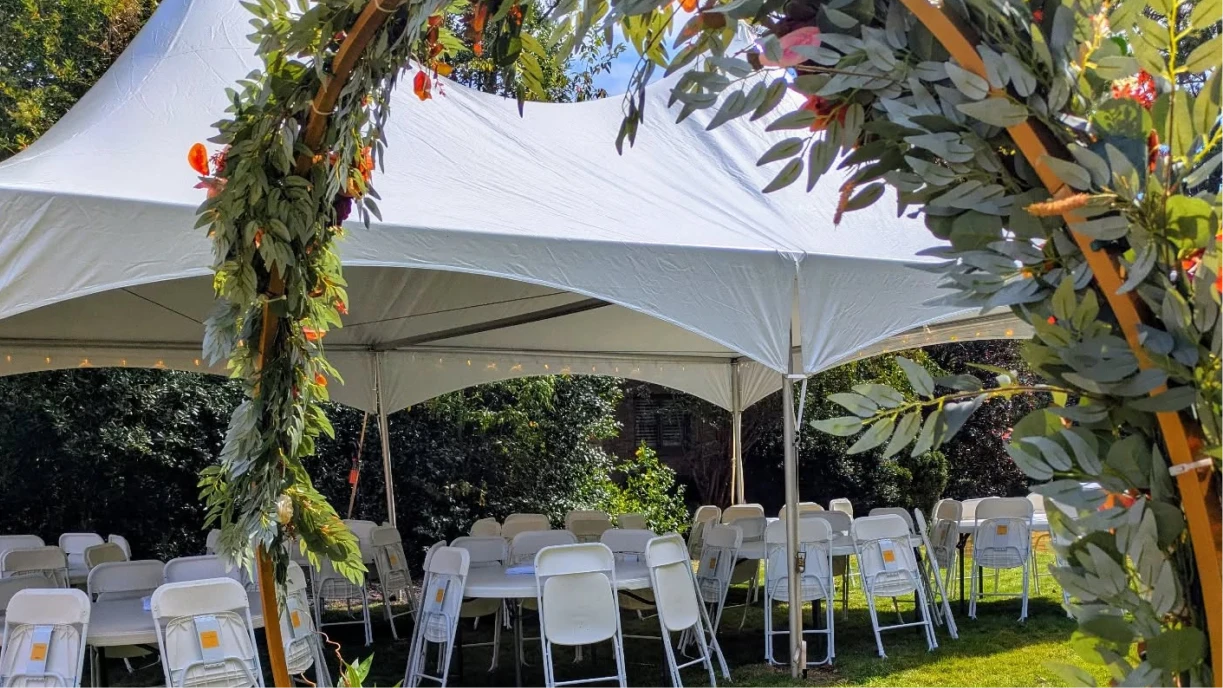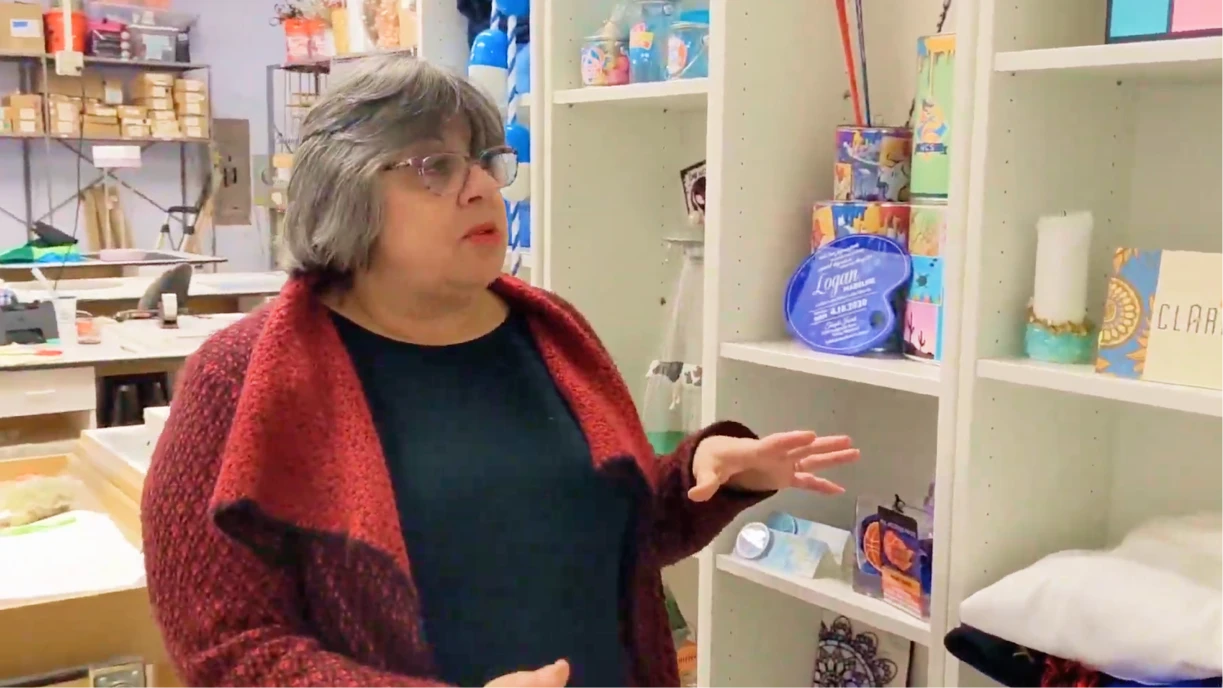In an over-saturated digital market, events are more important than ever. They’re an opportunity to form a deeper connection with potential customers, whether you snag a booth at a local trade show or host an online conference. This is particularly important if you’re dealing with long B2B sales cycles.
Surveys have shown that 95% of B2B marketers believe in-person events have a major impact on achieving business goals, and 80% of marketers were able to reach a wider audience with virtual events. No matter the event, there is a lot of potential to obtain lasting leads, you just need to know where to look. These tips can help.
Choose Events Wisely
If you’re looking to promote your product or service at a tradeshow, choose wisely. Pick the event that allows you to collect the most leads. Some events will offer lead capture tools that actually help businesses gather important data. If you’re throwing your own event, you can curate the signup form to include the data you need.
Give Yourself Enough Time
To have the best chance of success, you need to execute a PR strategy that attracts the most event attendees. This takes time, even if you’re just promoting an online Q&A. Unfortunately, short lead times are a common problem.
In a PathFactory study, 59% of marketers said they struggled to promote their events in a short timeframe. Long story short: give your business enough time to define your target market, build your event team, flesh out your promotional strategy, and execute it in a way that will reach potential attendees before the day of the event.
Keep Signup Forms Simple
Events have a lot of different signup forms, and all of them are crucial to obtaining long-term leads—whether it’s a mailing list sign-up or a post-event questionnaire. Still, few are as important as the initial registration.
Research has shown that 50% of people who registered for a virtual event actually attended the event. That’s no small number, so you’ll want to get the most registrants possible. Keep your registration form simple by asking only for the data you need. like email addresses, company names, and business titles. The longer it takes for someone to register, the more likely they are to get fed up and bounce.
Try Account-Based Marketing
Not every person who attends an event is going to be interested in your product. Instead of spending your budget trying to market yourself to people who will never convert, take an account-based marketing approach. First, identify the highest quality leads, then spend your efforts nurturing them during and after the event.
If you’re throwing the event, you can browse your list of attendees beforehand to help determine the most qualified leads. If you’re participating in someone else’s event, you may be able to ask for a list. This isn’t always an option, though sometimes that information is public (like, for example, if you’re hosting a virtual event through Facebook). If you know who’s attending your event, you can target your marketing strategy towards those potential high-value accounts.
Adopt a Personalized Omnichannel Strategy
While email is one of the most direct ways to reach event attendees and nurture them along the path to conversion, the truth is that most people have a cluttered inbox. As a result, a whopping 35% of emails go unread. Instead of solely relying on email marketing, adopt an omnichannel strategy using targeted social media ads and thought leadership content that builds trust.
Offer Appointments
Most people actively want to participate in the events they attend. A PathFactory study found that 67% of virtual event attendees wanted opportunities to participate and interact with speakers during the event. There are two ways to foster participation. First, you can offer appointments, which allows you to directly engage the most enthusiastic attendees.
Second, you can offer participation incentives. This could be anything from a discount for subscribing to a newsletter or free swag in exchange for a social media follow. It helps build your connection with potential leads and gives you the information you need to follow up down the line.
Always Follow Up-Post Event
The key to relationship building is maintaining a connection. For this reason, it’s crucial to follow up after an event. Personalized emails and segmented campaigns are highly effective. In fact, marketers have found a 760% increase in email revenue from segmented campaigns. You can also go the old school route and pick up the phone to follow up with attendees who specifically had appointments and were the most engaged overall.






